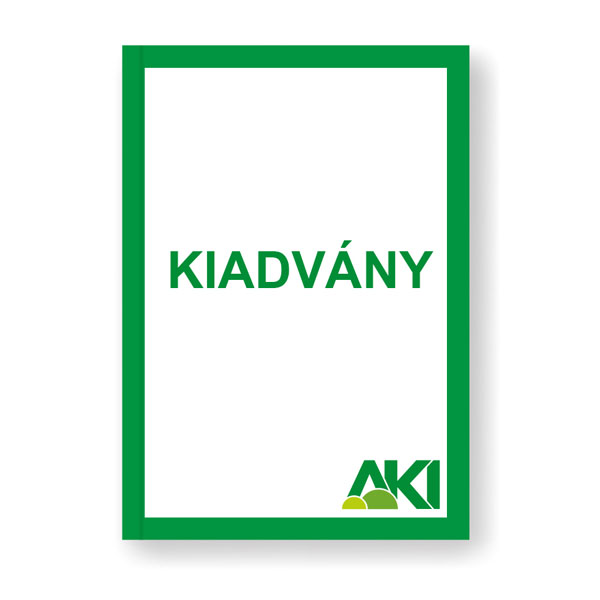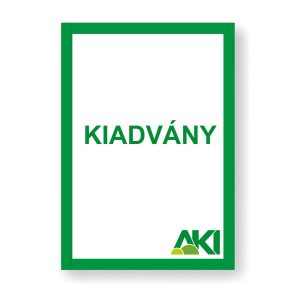Betekintő
Hungary’s accession to the European Union (EU) has had a significant impact on the agro-food sector. On accession the country became part of a large, organised but highly competitive market which offered great opportunities for the stakeholders but also brought along serious challenges. Newly accessing Member States not only had to cope with competition within the EU but also in their domestic markets, resulting in significant economic, social and environmental changes. In general, EU accession has had a positive impact on the ‘new’ Member States (i.e. those that joined from 2004 onwards) although each country has used the opportunities in different ways. Each country has enjoyed benefits from EU accession but Poland has managed to adapt the most to the conditions that were set by the EU and has exploited the potential well. One of the most critical factors in this process has been the agricultural and support policy followed in the years before EU accession. If the available subsidies had been used primarily to promote improvements in producer competitiveness they would have been very beneficial. However, in Hungary subsidies mainly took the form of price support and consequently the opportunities provided by the accession to the EU were not fully exploited. Those countries where the level of subsidies was lower and price support was minimal have responded to EU membership in a more positive way. For Hungary an understanding of the workings of the food economy in Poland is particularly important because this country not only represents the largest market among the countries of the Visegrad Group but its food economy has developed remarkably in the decade since EU accession. Poland has evolved from being a net importer of agricultural and food products to a net exporter and in recent years Hungary has incurred its largest deficit in agricultural and food exports in trade with Poland. This is the first publication that the Research Institute of Agricultural Economics, during its 60 years of existence, has produced in close cooperation with a foreign partner institution and it aims to give a detailed comparison of the food economies of the two countries. This book provides instructive and useful knowledge for researchers, stakeholders in the agro-food sector and agricultural policy decision makers and we hope that it will be followed by similar volumes in the coming years.



 EN
EN

